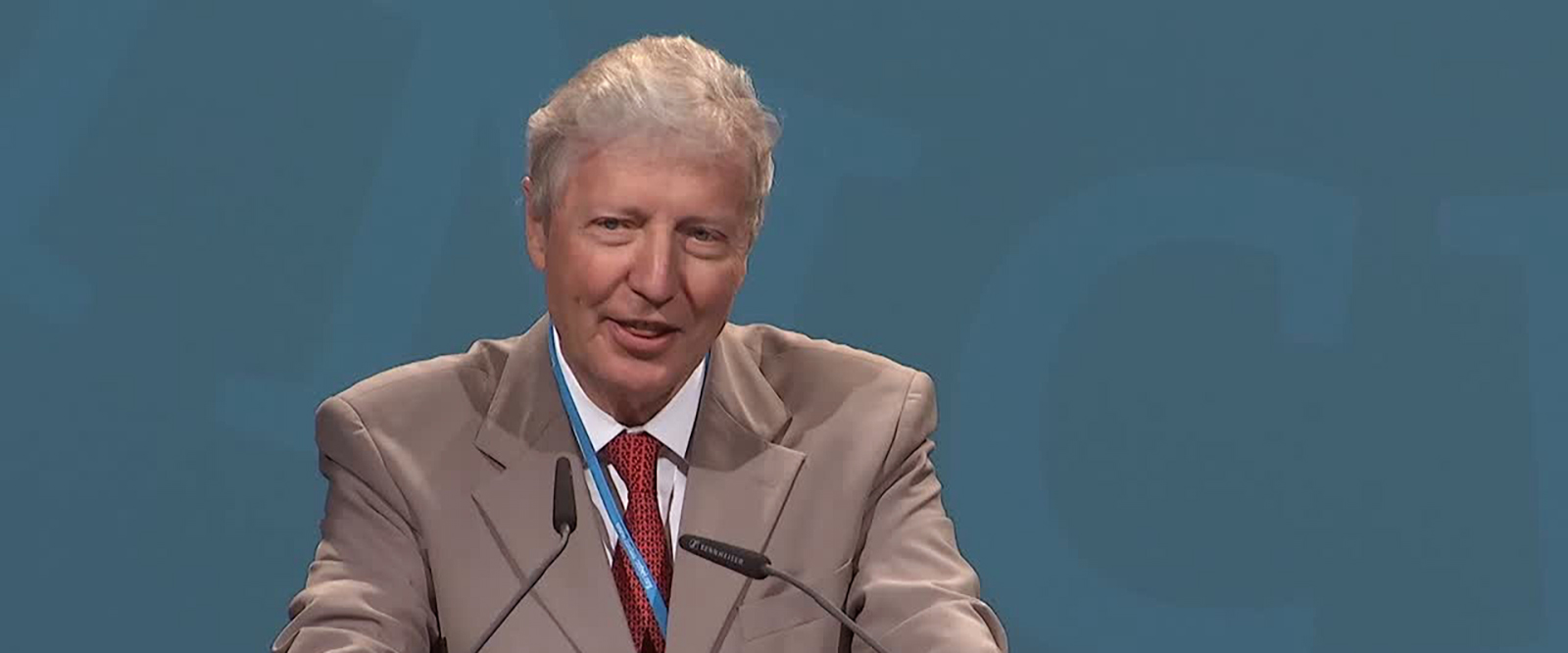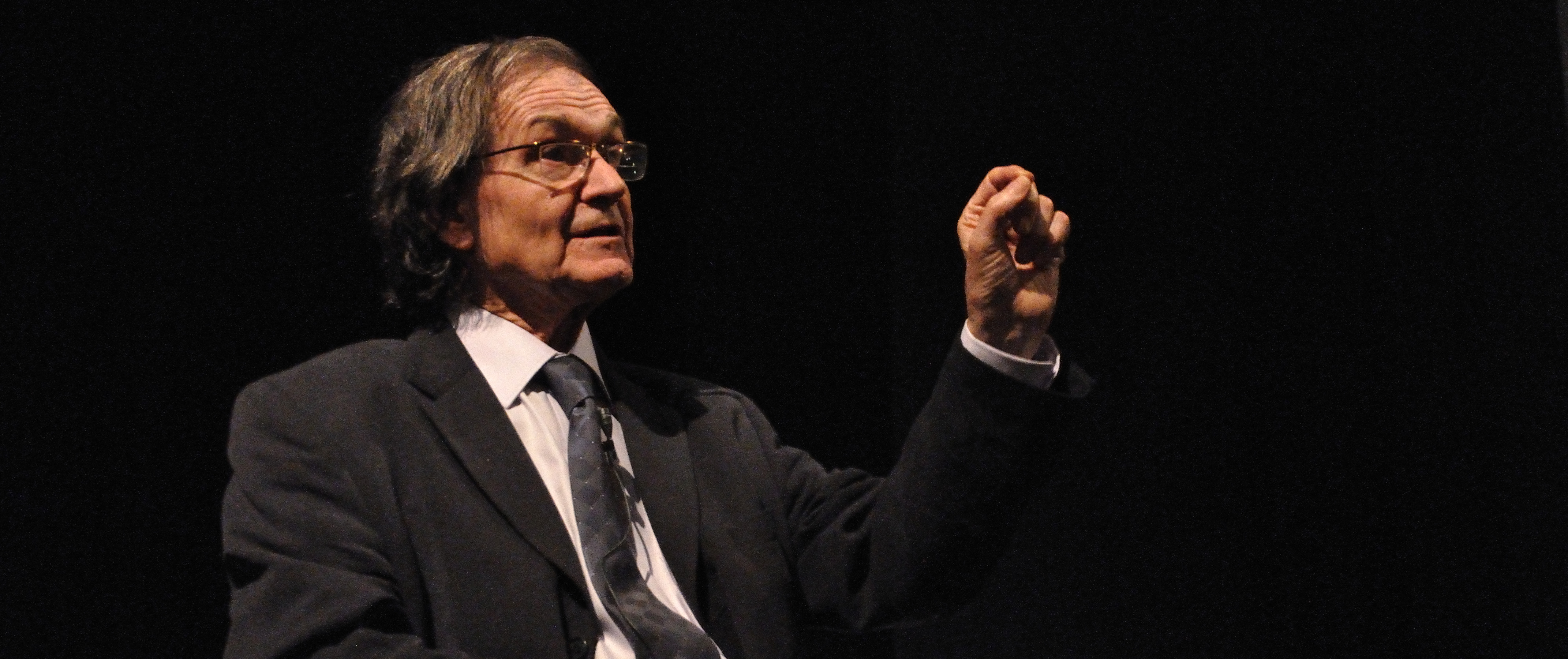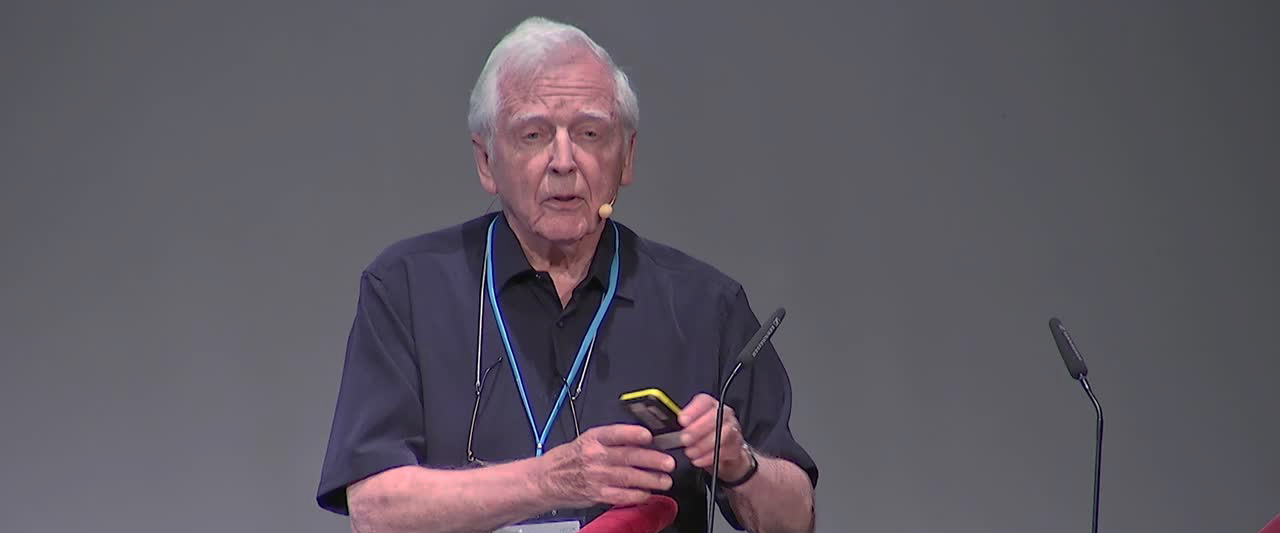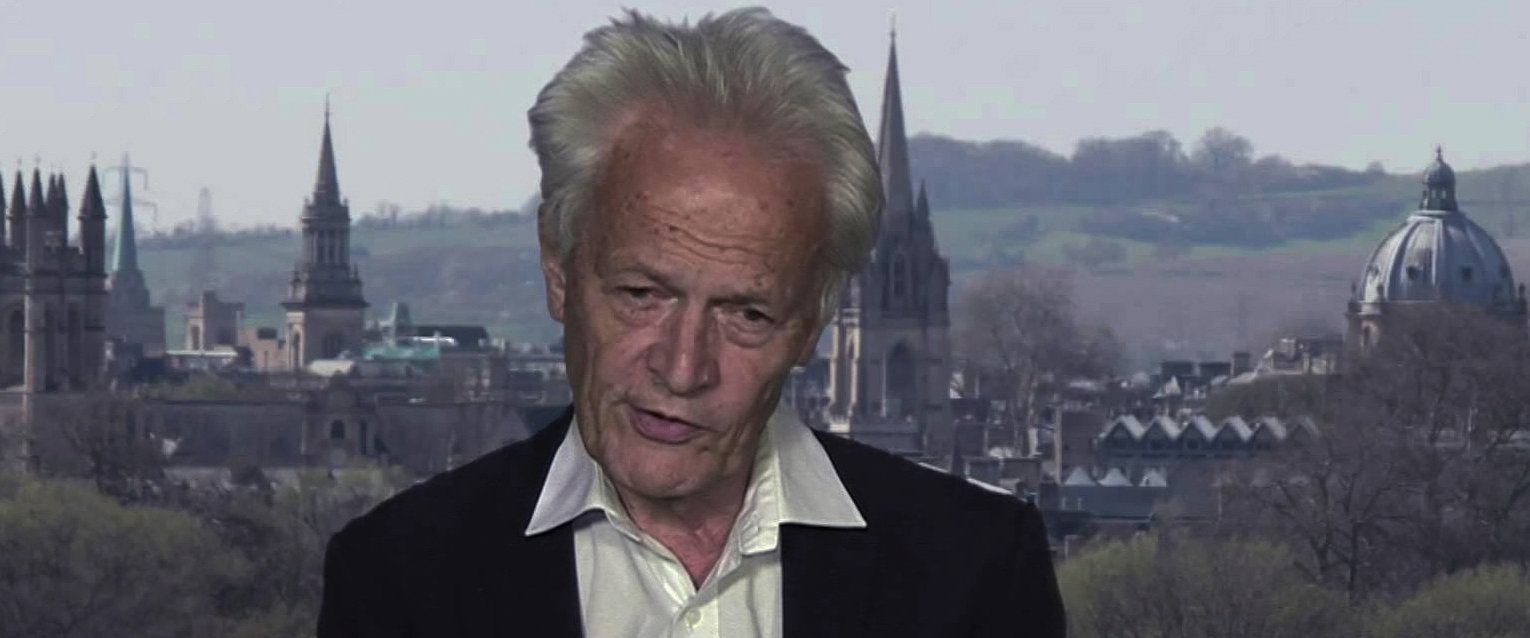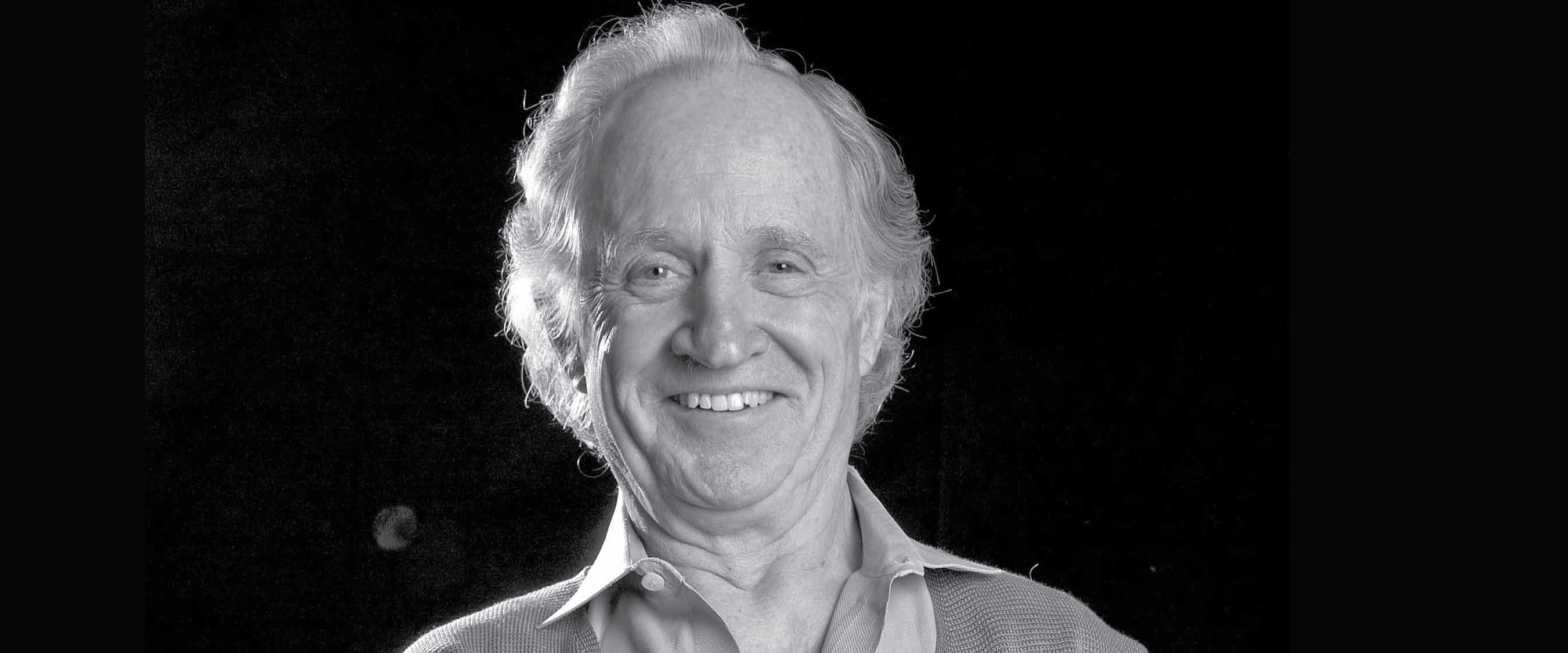25th October 2018.
Paolo Ceppi, Friedrich-Alexander University, Erlangen-Nuremberg
On the 25th of October 2018 Paolo Ceppi, of the Friedrich-Alexander University at Erlangen-Nuremberg, will give a seminar on Metabolic pathways as regulators of epithelial-to-mesenchymal transition at 2.00 pm in the College lecture theatre. In his talk P Ceppi will connect the metabolic features, outlined iniitially by O Warburg nearly one century ago, with key biological processes of cancer cells, for example the ability of epithelial cancer cells to acquire a migratory phenotype (so-called epithelial mesenchymal transition). This is a novel and important area of research in cancer biology. All College students are invited to attend, especially those reading Medicine, Biology, Biotechnology and Pharmaceutical Sciences. The poster of the lecture can be downloaded here.
Abstract
The most lethal features of cancer are chemoresistance and metastatic dissemination. In many cases, both are attributed to the presence of cells driven by de-differentiation processes like the epithelial-to-mesenchymal transition (EMT) and the cancer stem cell (CSC) program, which can foster a clinical relapse. Recently, our lab and others showed that some metabolic pathways can exert a powerful regulatory role on cancer cell de-differentiation and promote cancer aggressiveness by driving EMT/CSC. Identifying the whole network of metabolic pathways controlling the de-differentiation processes could be highly impactful in the field of drug repositioning because, in contrast to currently known EMT effectors and mediators, several inhibitors for metabolism enzymes are already in clinical use for the treatment of not tumor-related diseases. Metabolism-based therapeutic strategies could contribute to reduce the devastating effects of aggressive cancers.
Biography
Paolo Ceppi received his PhD from the University of Torino and was then a postdoc in the Peter lab at the Northwestern University in Chicago. Since 2015 he is a Junior Group Leader at the Interdisciplinary Center of Clinical Research (IZKF) of the FAU University of Erlangen-Nuremberg, in Germany. His team focuses on the mechanisms that regulate cancer plasticity and at studying the epithelial-to-mesenchymal transition, the cancer stem cells and the association between cancer de-differentiation and sensitivity to chemotherapy. He received funding and awards from the US Department of Defense, the International Association for the Study of Lung Cancer, the German Cancer Aid and the German Research Foundation.
Reference
Schwab et al. Cancer Research 78:1604, 2018
Siddiqui et al. J Pathol 242:221, 2017
Ceppi et al. Nature Communications 4:5238, 2014
Ceppi et al. Oncogene 33:269, 2014
Image
Migrating cancer cells in culture.
